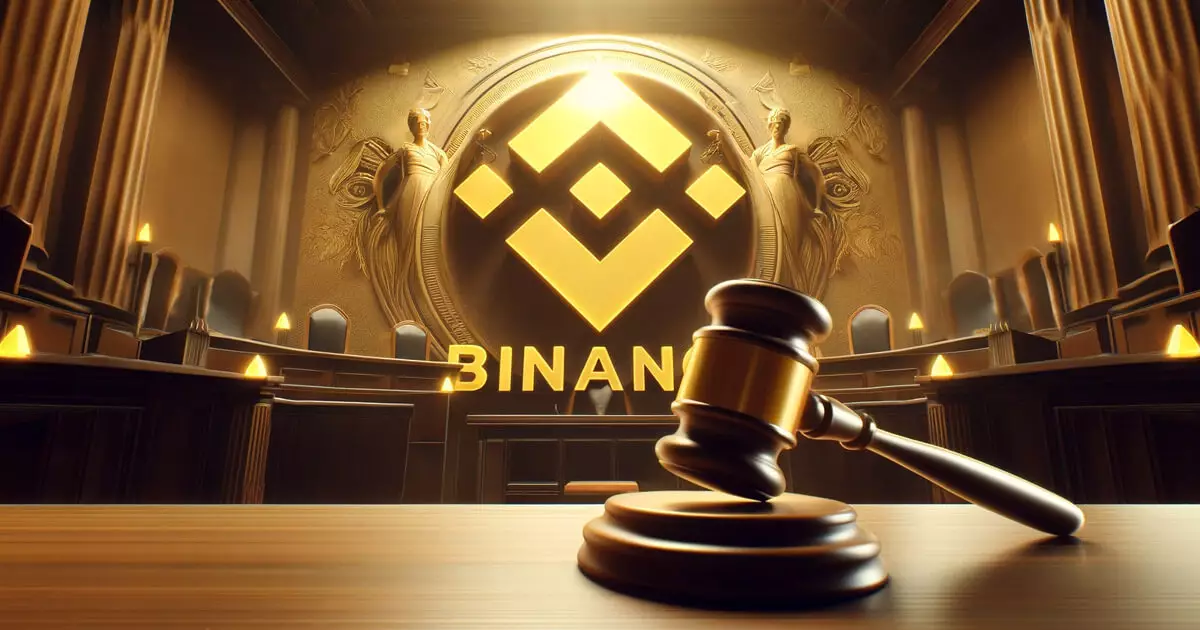The tech industry’s rapid expansion often leads to ethical dilemmas, as evidenced by the recent allegations made by Amrita Srivastava, a former senior executive at Binance. In a shocking turn of events, Srivastava has accused her former employer of retaliatory dismissal after she raised concerns regarding a bribery scheme involving a colleague. Her claims highlight critical issues about corporate governance and the treatment of whistleblowers, set against the backdrop of a rapidly evolving regulatory landscape for cryptocurrency organizations.
Srivastava’s allegations, first reported by Bloomberg News on November 28, 2023, paint a troubling picture of a workplace rife with ethical discrepancies. Joined by the company in April 2022 and armed with previous expertise from Mastercard, Srivastava entered Binance with an assumption of robust ethical standing and compliance protocols. However, her experience diverged starkly from these expectations. She testified that after reporting a colleague who solicited a bribe masquerading as “consultative services,” she was abruptly dismissed just a month later. This timeline raises significant questions about the correlation between her whistleblowing and her termination.
The nature of the alleged bribery scheme, with payments cloaked under the guise of legitimate services, signifies an alarming breach of ethical practices within the organization. The colleague accused of this misconduct, now departed from the company, exemplifies a culture where unethical behavior may be overlooked, particularly when revenue pressures loom large. Srivastava described a “chaotic” work environment, compounded by the ripple effect of lost revenue from clients with controversial backgrounds. Such factors not only endanger compliance with regulations but also set a precarious precedent for organizational integrity.
In response to these serious allegations, Binance maintains that Srivastava’s dismissal resulted from “poor performance,” and insists that the alleged bribery was already under internal scrutiny at the time her complaint was made. This defensive stance raises critical concerns regarding the company’s accountability and willingness to protect whistleblowers. Under UK law, employees who blow the whistle on wrongdoing are afforded significant protections, including the potential for uncapped damages in employment tribunals. Consequently, the stakes for Binance could be extraordinarily high if the tribunal finds Mr. Srivastava’s claims substantiated.
Such legal ramifications extend beyond just the financial ledger; they implicate the broader issue of workplace culture and employee trust. Srivastava’s case not only threatens to impact Binance’s financial health but also has the potential to tarnish its reputation within the burgeoning cryptocurrency market.
Amrita Srivastava’s experience offers a stark reminder of the challenges faced by individuals who dare to confront unethical practices within large organizations. If her claims are validated, it could catalyze a significant reassessment of policies around whistleblower protections in tech and finance, particularly within industries as volatile and scrutinized as cryptocurrency. For Binance, this saga is not merely about one executive’s career; it symbolizes a critical juncture that could determine the company’s long-term operational integrity and reputational resilience in an increasingly regulated global marketplace. In an era where ethical conduct is paramount, companies must commit to fostering environments that prioritize transparency and accountability to retain talent and trust in the long run.

